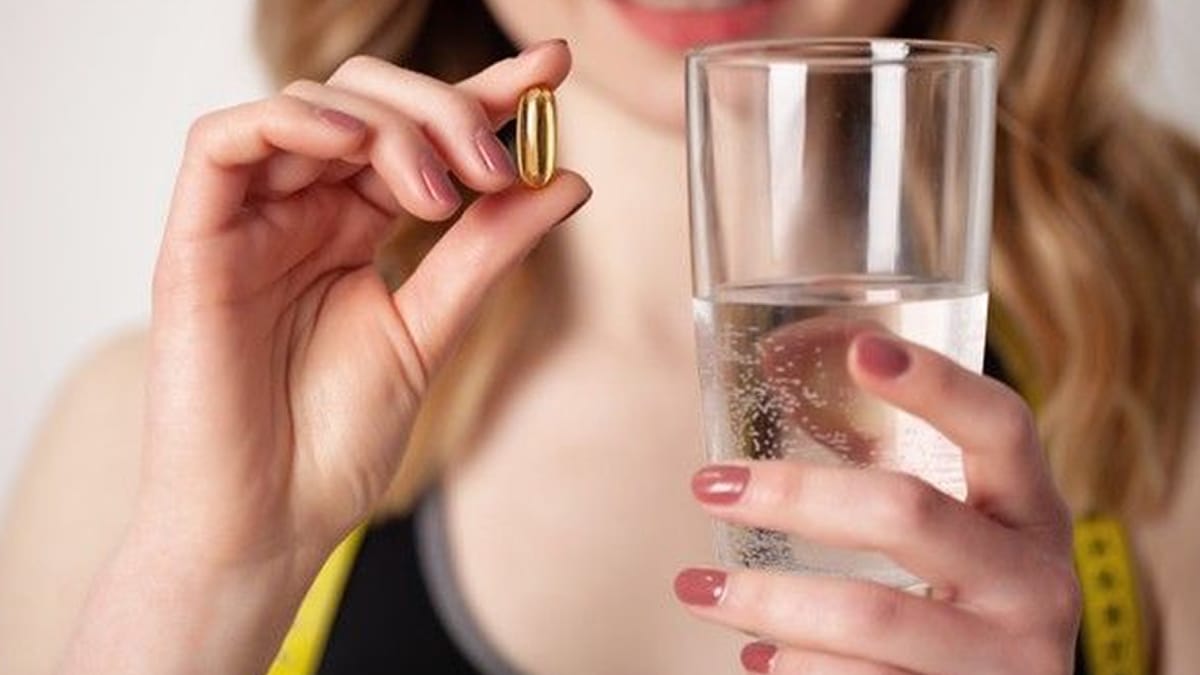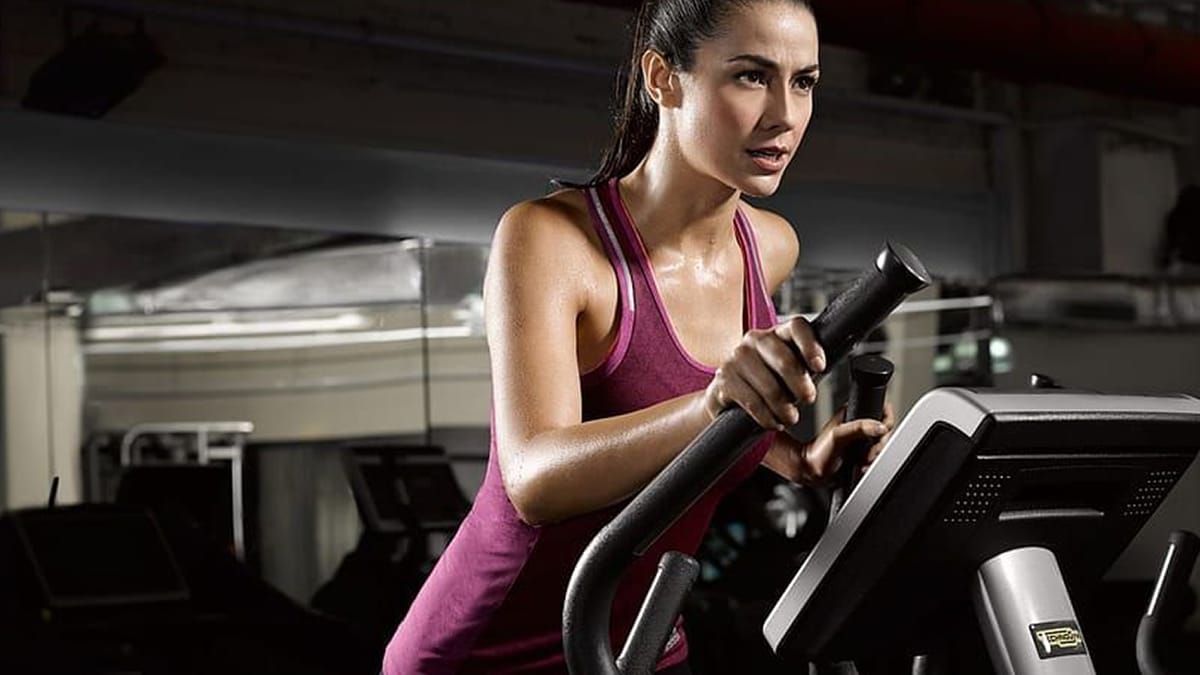5 Surprising Benefits of Biotin (Vitamin B7) for Hair, Skin and Nails
Biotin, also known as Vitamin B7, is one of those underrated vitamins that quietly performs miracles in your body. You might have heard it called the “beauty vitamin” and for good reason. It plays a critical role in supporting hair growth, glowing skin, and strong nails, while also helping convert food into usable energy.
5 Surprising Benefits of Biotin (Vitamin B7) for Hair, Skin and Nails
In short, Biotin isn’t just about beauty. It’s about vitality, strength, and confidence from the inside out. When your body has enough of it, your hair shines, your skin glows, and your nails stop breaking. But when you’re deficient, you’ll notice brittle hair, thinning edges, and dull skin creeping in.
Let’s dive into five science-backed, surprising benefits of Biotin for your hair, skin, and nails and how optimizing this one nutrient can transform your overall appearance and health.
1. Promotes Stronger, Thicker, and Healthier Hair
Biotin is one of the most popular vitamins in the world for promoting hair growth and that’s not just hype. It helps your body produce keratin, a structural protein that makes up the foundation of your hair strands. Without enough biotin, hair becomes weak, dull, and prone to breakage.
Research published in the Journal of Clinical and Aesthetic Dermatology found that women with thinning hair experienced significant regrowth and improved thickness after 90 days of biotin supplementation. The vitamin works at the cellular level, revitalizing hair follicles and improving scalp health by enhancing nutrient delivery.
Many dermatologists recommend biotin-rich foods or supplements as part of a holistic approach to hair restoration. Think of it as fertilizer for your hair roots — it nourishes, strengthens, and boosts natural volume over time.
Pro tip: Pair biotin with other hair-supportive nutrients like zinc, vitamin D, and collagen peptides for optimal results.
2. Enhances Skin Health and Natural Glow
Beautiful skin doesn’t start with expensive creams — it starts with nutrition. Biotin plays a key role in maintaining healthy skin by supporting the production of fatty acids that keep your skin hydrated, soft, and supple.
When biotin levels drop, your skin may become dry, itchy, scaly, or even develop rashes (a condition known as dermatitis). That’s because biotin deficiency disrupts the skin barrier function, leading to inflammation and irritation.
A clinical review in Dermato-Endocrinology showed that patients who corrected their biotin deficiency experienced a visible improvement in skin elasticity, hydration, and tone within weeks.
This vitamin helps you build your glow from within by improving cellular repair, reducing oxidative damage, and supporting collagen production naturally.
If you want that healthy, youthful radiance, make sure your biotin levels are on point.
3. Strengthens Weak, Brittle Nails
Biotin’s role in nail health is one of the most scientifically proven benefits of this vitamin. It helps increase nail thickness by improving keratin infrastructure the same protein that builds hair and skin.
In one study published in Cutis Journal, participants who took 2.5 mg of biotin daily for six months saw a 25% increase in nail thickness and a dramatic reduction in brittleness and splitting.
That’s a powerful improvement for anyone struggling with fragile nails due to diet, stress, or frequent manicures.
Adding biotin to your diet not only supports stronger nails but also helps them grow faster and resist everyday wear and tear.
Quick fact: If you often deal with nail breakage, vertical ridges, or peeling, it could be your body’s way of saying, “I need more biotin.”
4. Supports Energy Metabolism and Cellular Growth
While most people associate Biotin with beauty, it also plays an important role in converting nutrients into usable energy. It helps metabolize carbohydrates, fats, and proteins the building blocks of energy and tissue repair.
That means biotin doesn’t just make you look good; it helps you feel good too. Adequate biotin levels can enhance energy, focus, and performance throughout the day.
Research from The American Journal of Clinical Nutrition confirms that biotin supports mitochondrial function, the “energy powerhouses” inside your cells. This makes it vital not only for appearance but also for long-term cellular health and vitality.
When you’re low on biotin, you might experience fatigue, low motivation, or slower recovery — because your body can’t efficiently convert nutrients into fuel.
So while it’s often sold as a beauty supplement, biotin is just as important for your metabolism and total wellness.
5. Promotes Overall Skin Barrier Protection and Anti-Aging Effects
Biotin acts as a natural defender for your skin barrier. It helps your body repair tissues, reduces oxidative stress, and supports collagen integrity three major pillars of youthful-looking skin.
By assisting in the synthesis of fatty acids, biotin helps maintain moisture retention and elasticity, which reduces the appearance of fine lines and early aging.
In real-world results, people who restored their biotin levels often notice smoother texture, less inflammation, and an overall more balanced complexion.
Combined with a nutrient-rich diet and proper hydration, biotin can significantly enhance your skin’s resilience against pollution, UV damage, and dryness.
Practical Tips to Maximize the Benefits of Biotin
Eat biotin-rich foods daily: eggs, almonds, salmon, sweet potatoes, and spinach.
Stay consistent — results often show after 2–3 months of regular intake.
Avoid excessive raw egg whites, which contain avidin, a protein that blocks biotin absorption.
Combine with other beauty nutrients such as zinc, collagen, and vitamin E.
If taking supplements, choose high-quality biotin (2,500–10,000 mcg) for best absorption and safety.
Frequently Asked Questions
1. How long does it take for biotin to work for hair growth?
Most users notice improvements in hair strength and texture within 60–90 days of consistent use. However, results vary based on diet and health condition.
2. Can biotin really improve nail strength?
Yes, numerous studies show biotin supplementation increases nail thickness and reduces brittleness, especially in those with mild deficiency.
3. Are there side effects from taking too much biotin?
Biotin is water-soluble, so excess amounts are excreted naturally. However, extremely high doses may interfere with some lab tests. Stick to safe daily limits.
4. What are the best food sources of biotin?
Eggs, salmon, nuts, seeds, sweet potatoes, and leafy greens are excellent natural sources.
5. Is biotin safe to take with other vitamins?
Yes, it works synergistically with other B vitamins and nutrients like vitamin D, zinc, and collagen.
6. Can biotin help prevent skin aging?
Indirectly, yes. It supports fatty acid production and collagen maintenance, both essential for youthful, radiant skin.
7. Who is most at risk of biotin deficiency?
People with digestive disorders, pregnant women, smokers, and those consuming lots of raw egg whites are more prone to deficiency.
Final Thoughts: 5 Key Takeaways
Biotin (Vitamin B7) is a cornerstone nutrient for healthy hair, skin, and nails.
It strengthens keratin structure, supporting thicker hair and stronger nails.
Adequate intake improves skin hydration, glow, and elasticity.
Beyond beauty, it fuels metabolism and boosts daily energy.
Consistency is the secret beauty transformation starts from within.
Reference & Additional Reading
Inspired by studies and insights from:
www.health.harvard.edu
www.menshealth.com
www.healthline.com
www.womenshealthmag.com
www.ncbi.nlm.nih.gov
www.webmd.com
www.medlineplus.gov
www.tridenttech.edu
www.burnexia.com


